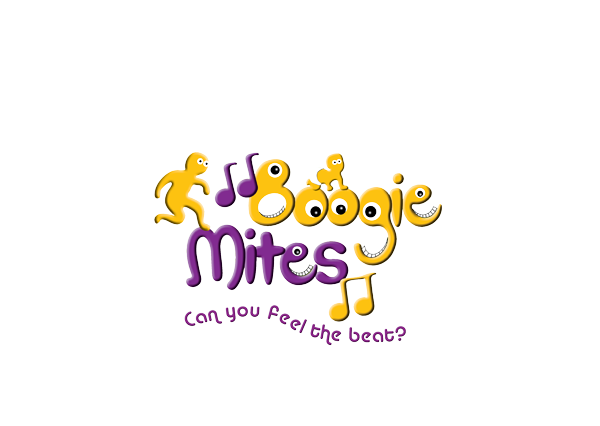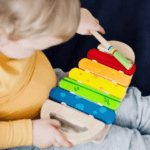
In this blog, we will be discussing the links and benefits of music and maths. We have previously highlighted that numeracy skills in the UK have become worse, not better. Could this perhaps be due to our confidence in the field? Phrases like ‘I can’t’ or ‘I don’t do maths’ can be overheard daily, but these can be damaging for a child’s first experiences in the field. Perhaps leading them to believe it unimportant or unachievable.
The link between music and maths
This is where music comes in. ‘Doing mathematics is a bit like playing a musical instrument’, an article from The Guardian points out, ‘It requires practice… Music is full of mathematics. Rhythm is about exploring the way different numbers interact.’ It is, in fact, built from recurring mathematical patterns and sequences. Research has shown that participating in music activities boosts mathematical thinking and skills. In turn, creating a fun way to increase practitioner’s and children’s confidence in the subject.
How teaching music helps our understanding of maths
This sense of pattern support’s children’s learning. It allows them to notice and understand links between events and ideas, promoting thought and capacity to learn. In fact, neuroscientists have found music training increases cognitive function significantly, measured by an increase in IQ. If, as mathematicians suggest, maths is the science of pattern, it is clear that music and movement are the art of pattern. The exploration of dance and sound in early years, combined with the brain’s desire for pattern, allows a recognition of ordering, classifying, sequencing and predicting, all of which are supporting foundations for maths.
How does Boogie Mites use music and movement to support maths in early years?
The Early Years Foundation Stage (EYFS) area associated with learning maths is ‘problem solving, reasoning and numeracy’. This area focuses on a child’s development in:
- Using Numbers
- Calculating
- Understand shape, space and measures
In order to support children’s exploration of patterns, within sound and movement, we must first develop our own confidence to sing and dance alongside children. Secondly, we must learn to value sound and movement patterns to understand their relevance to maths learning and development.
With over 15 years of experience, Boogie Mites’ songs successfully link to early years learning, Development Matters, using practical and visual experiences. These incorporate concepts of counting, calculating, shapes, positional language and measures.
We understand that EYFS planning can be time-consuming and here at Boogie Mites we have created fun, engaging and brain-boosting music activities that meet the criteria for the Early Years Foundation Stage. Our Maths programme has been reviewed and recommended by The National Numeracy parental engagement pedagogical team:
‘I have spent a lovely few hours listening to the songs and following the activities in my head. It is a super resource and you have incorporated excellent direct links to the EY Maths standards for mathematics. The activities contribute to developing number sense and pattern early and this is so important! I have no hesitation in recommending this for inclusion on National Numeracy’s Family Maths Toolkit.’ Sue Skyrme, National Numeracy.
All of our music and movement programmes have been tried and tested by practitioners, whose testimonials we will look at in our next blog.
Visit our Boogie Mites shop to find out more about our maths resources and teaching aids.
Alternatively, contact Sue Newman, Boogie Mites Director on 023 92 817274 or email [email protected]






